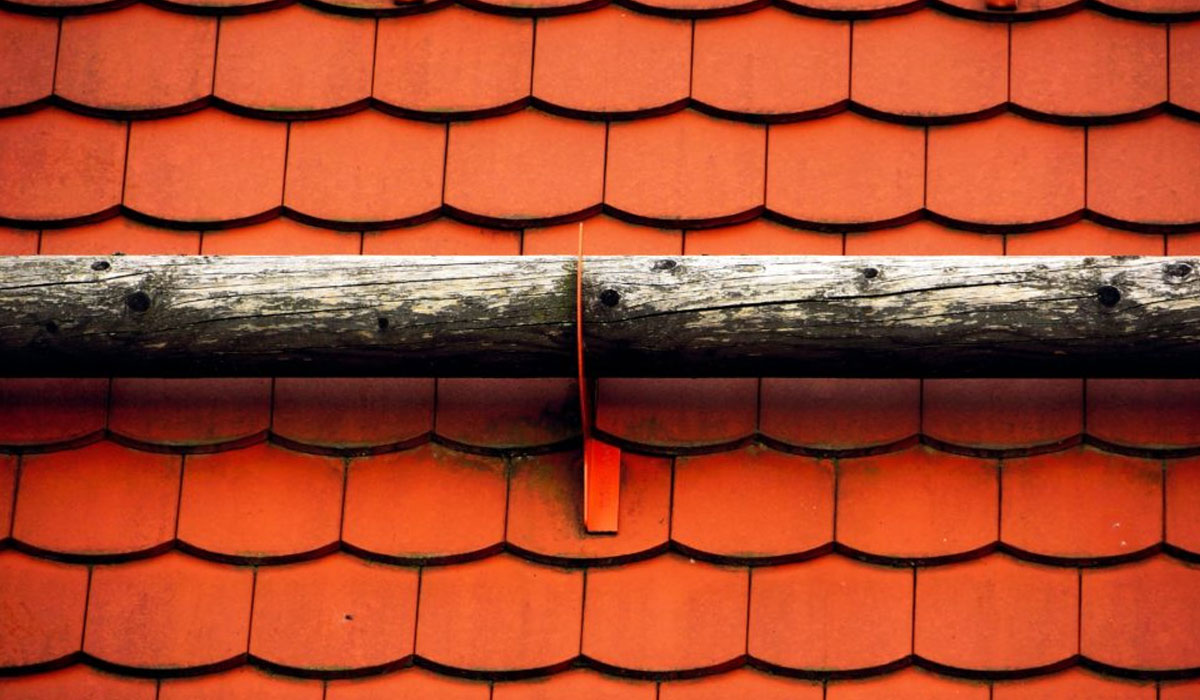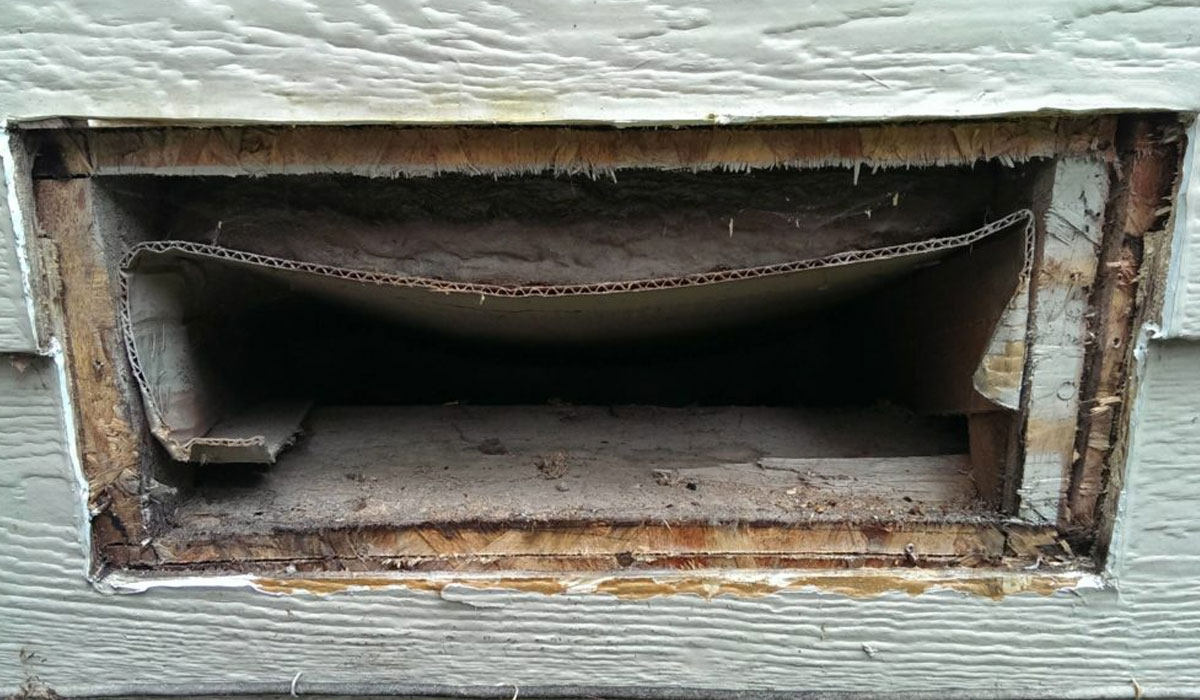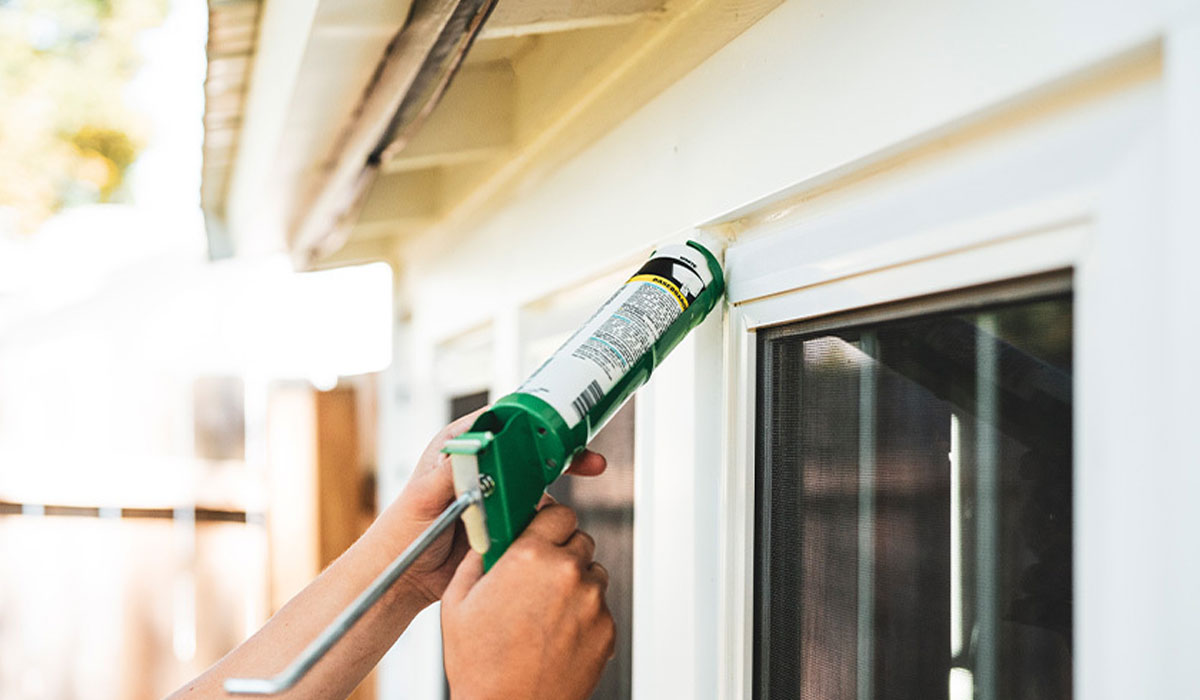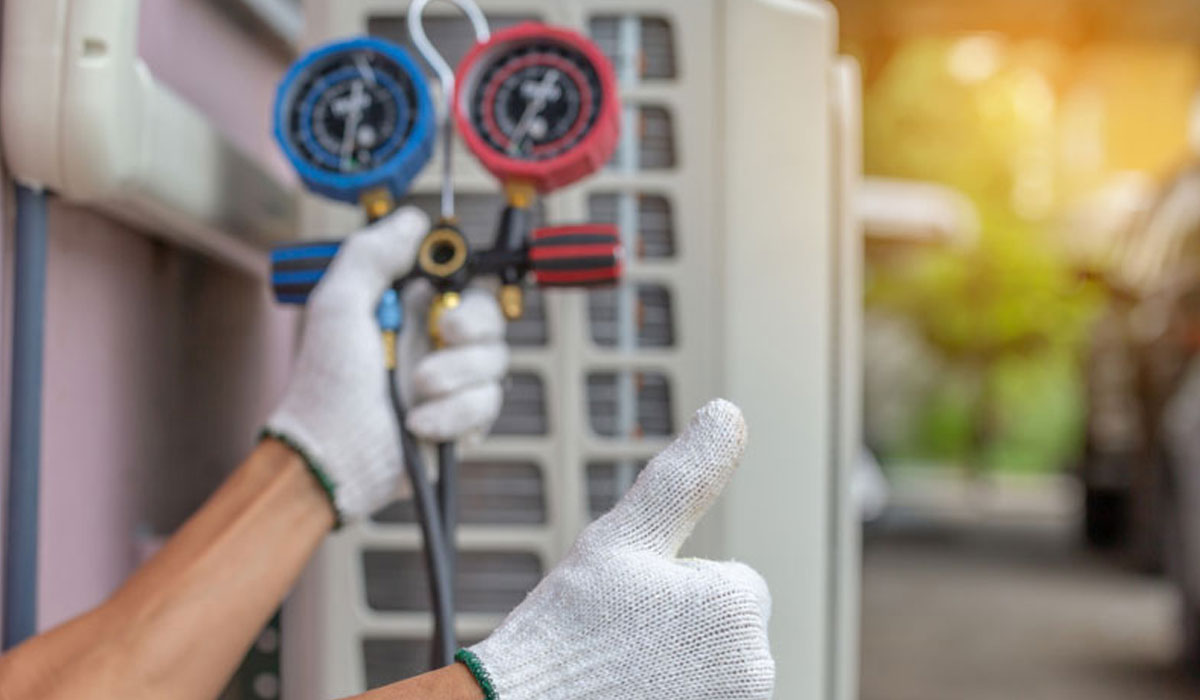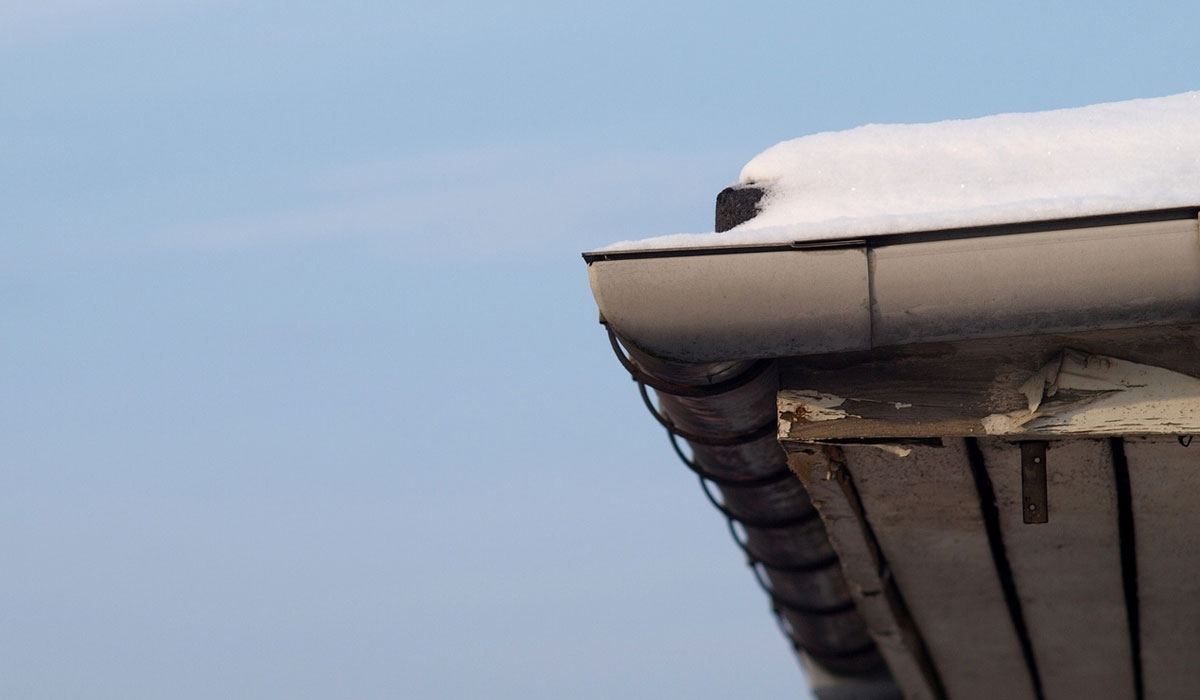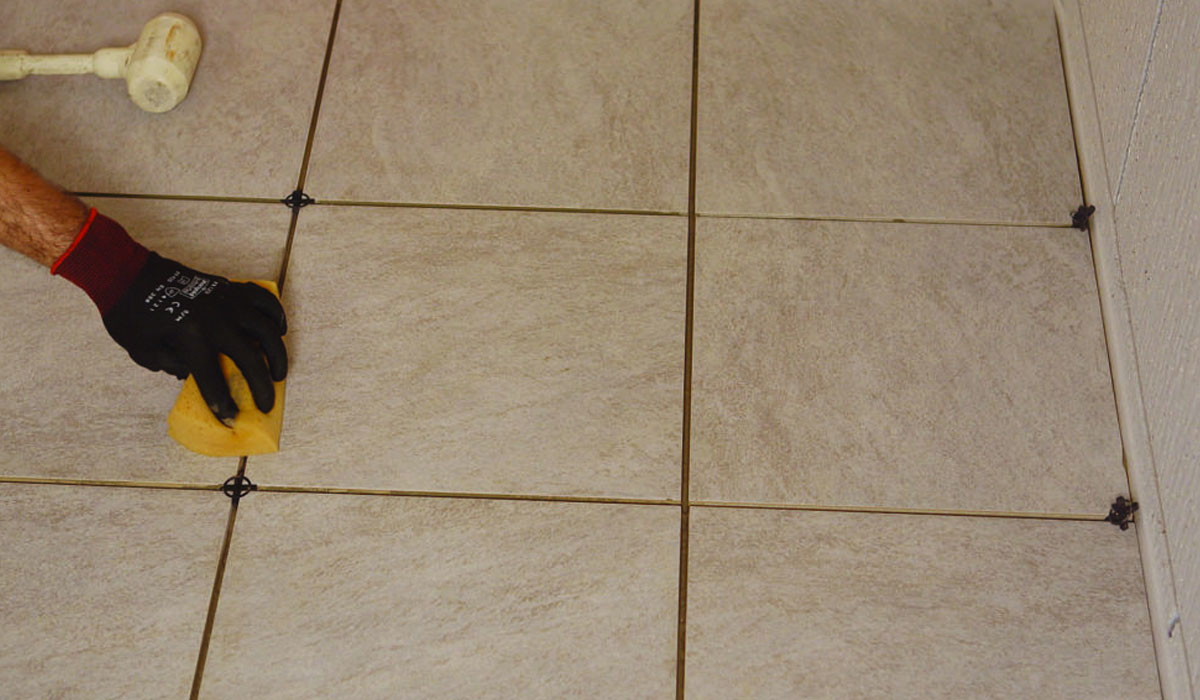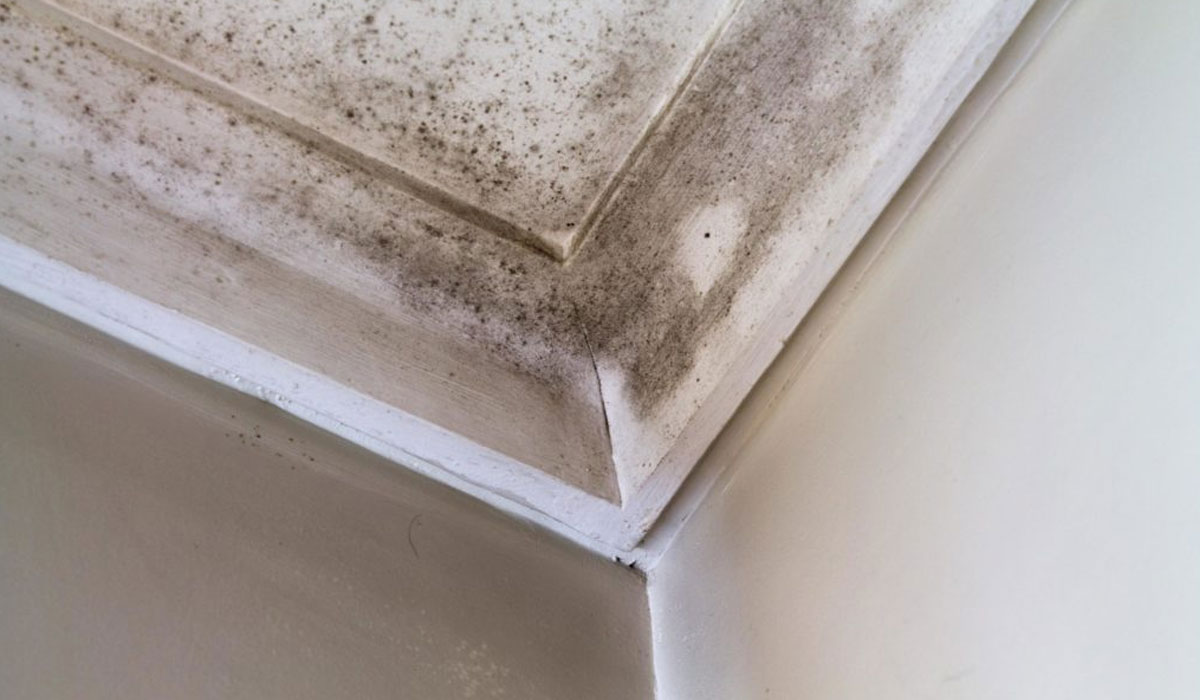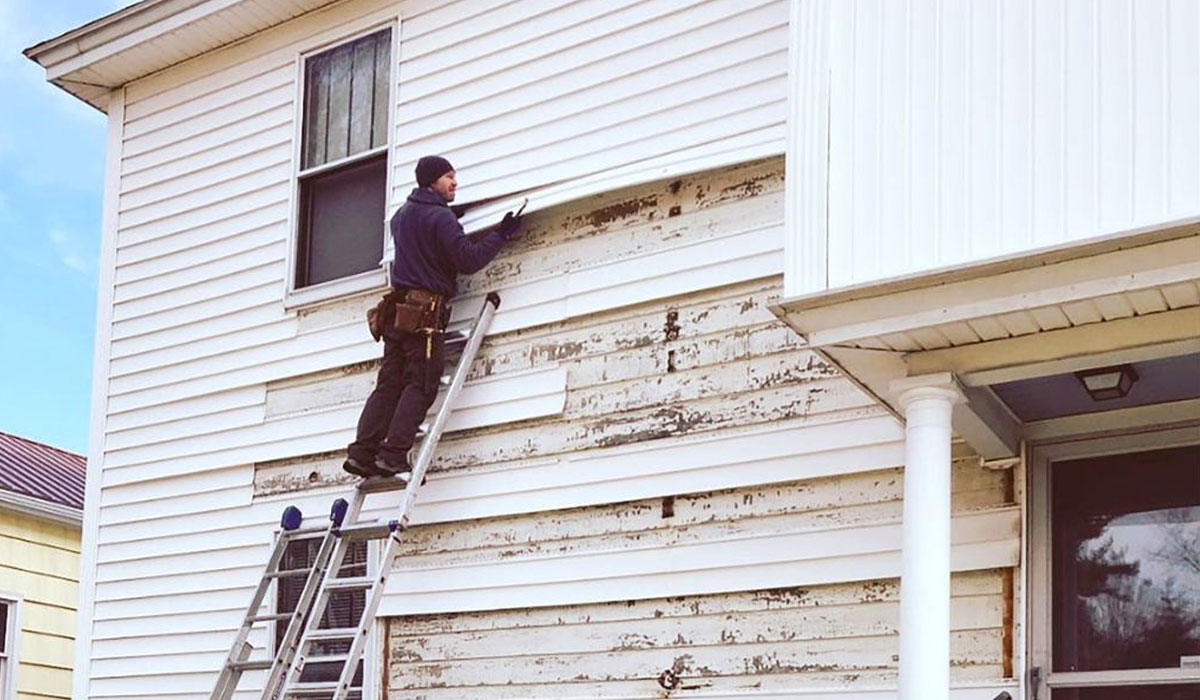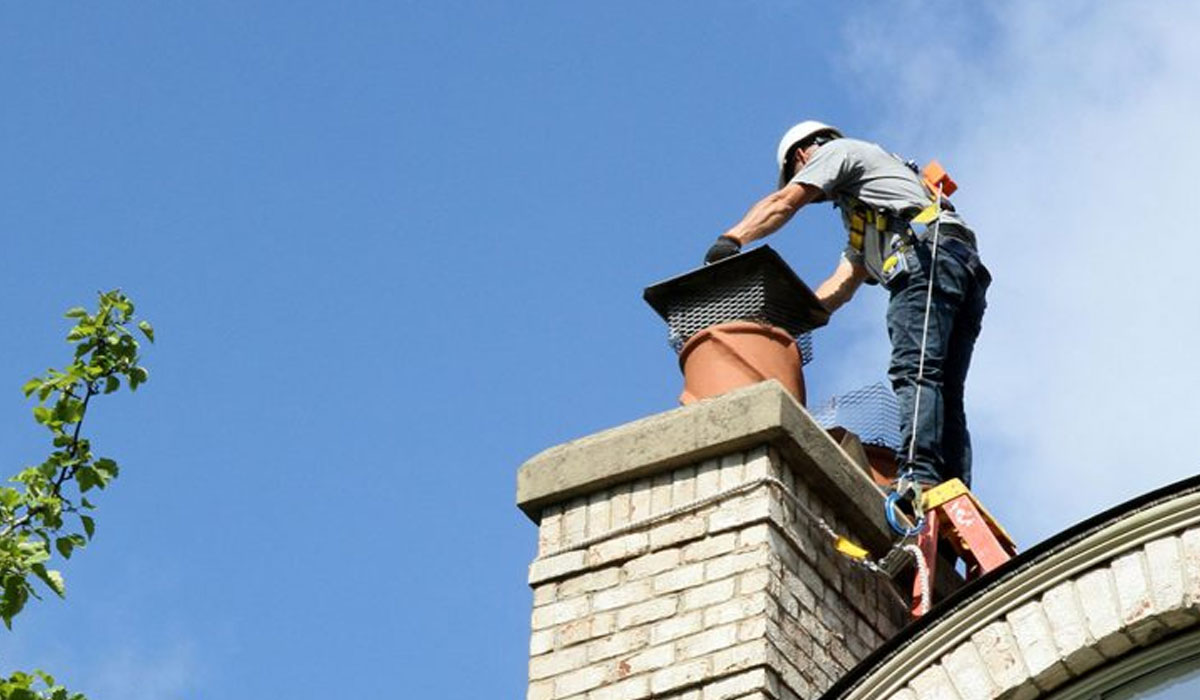The flowers are about to bloom and the air is getting warmer. After the wet and cold winter, Spring will feel like the most wonderful time of year. But, Springtime also brings some must-do maintenance for your commercial or residential property. In this article, we’re going to look at the maintenance you need to do to prepare for Spring.
Why Perform Seasonal Maintenance?
Before we get into specifics, though, it’s important to explain why seasonal maintenance is so important. The truth is, proper seasonal maintenance can extend the lifespan of your property, while also maintaining high property value. Whether you see your property as an investment, a home, or both, seasonal maintenance will ensure its long-term success.
Check accessible Plumbing Pipes for Leaks (under the sink, in the garage, crawl space/basement, etc.) Although not necessarily a spring-specific item, it’s important to check all of the plumbing that you can on an annual basis. Gone unchecked, leaks can cause significant — and expensive — damage to your foundation.
Roof Cleaning
The roof of your building is an expensive, important piece of the property. So, make sure to have your roof inspected every spring. Extreme, harmful winter weather can damage your roof. It’s important to repair these small dings and damages while they are still minor. Also, It’s important to look around your home for any errant plant growth. This can be a sign of water damage. After all — plants need water to grow, and plants should not be growing from inside of your structure!
Lawn Maintenance
When springtime comes around, that means flowers and plants are in full bloom. But alongside the plants that you want, you may also see weeds, grubs, and invasive plant species. To prevent these unwanted pests from taking over your lawn, it’s ideal to do a springtime once-over. Make sure your lawn is clear of any unwanted plants so that your garden and lawn can grow beautifully this spring.
HVAC Inspection
Over the colder months, your HVAC system was probably working extra hard. Because of this, it’s critical to have the system properly inspected, serviced, and cleaned. By performing this annual maintenance after winter, you’ll be able to extend the life of your system and prevent an unnecessary, expensive replacement. Inexpensive, simple HVAC maintenance can prevent major problems down the line.
Inspect the Perimeter of the House for Sitting Water or Damaged Gutter Systems
It’s important to clean your gutters before and after the wet times of the year. Winter storms and snow can bring all types of debris into your gutters. These can build up and prevent your gutters from working properly. Spring is often a rainy season, which means it will be very important to have your gutters in proper, working order during this time of year. A clogged gutter can lead to a leaky roof or even severe water damage to your building’s exterior. Sitting water can damage your home and its foundation. It can also be a sign of leaky pipes or damaged gutters. While these may seem like minor inconveniences, serious water damage can occur. Your gutter system directs water away from your home, preventing damage to your foundation and overall structure.
Inspect Bathroom Grout and Caulking for Gaps
Grout prevents dust, debris, and other materials from getting in between your bathroom tiles. If these things are allowed to penetrate the cracks between the tiles, they can grow mold and mildew. Combined with the wet weather that comes in Spring, this could be an absolute recipe for disaster!
Address Moisture Buildup
Winter storms mean excess moisture buildup — that’s no secret. But what you may forget is that excess moisture can create mildew and mold on your property. You should check your building for any mold that may have built up during the winter. Mold can most frequently occur in the attic and basement due to heavy rains or snowfall. A musty smell in these areas can be a sign of harmful mold.
Chimney Maintenance
Do you have a stone-built masonry chimney? If so, it’s important to check the joints between the bricks and stones. Are there any gaps? Have any pieces fallen out? Or, perhaps you may find some vegetation growing there. These are all signs of problematic water infiltration. Your chimney may need to be resealed with a water-resistant barrier material.
If you have wood siding, look for gaps in the wood or knots. These are good places for ants and other pests to get into your home. As the weather warms up, these problem species will become increasingly abundant.
Let Spruce Box Help
We know — this is a long list, and you’re a busy person. So, let the professionals help. Our team can create and execute a personalized seasonal maintenance schedule for your property. The above-listed pieces are critical to good maintenance, but no two homes are the same, so it’s important to get a custom-made maintenance plan. Schedule a consultation with us today!


